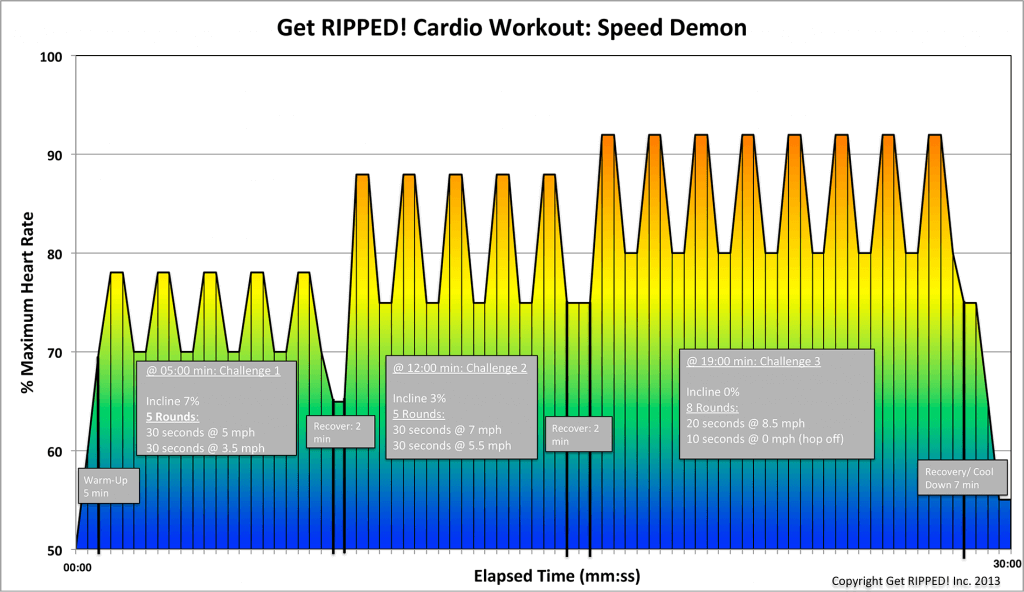Blog, Fitness Tips, Nutrition, Nutrition Tips
Reasons Why You Might Not Be Losing Weight
Weight loss is more difficult for some people than others. You may have a friend who never seems to gain weight. If they do, it only takes a short time for them to lose it. If you’re not one of those lucky people and have problems losing weight, it’s time to search for the reasons and course correct. Finding out why you’re not successful is key. Some things can’t be changed, like genetic propensity toward weight gain. There are more than 40 genes linked to obesity. That doesn’t mean you have to become obese. It simply means you must try harder to lose weight or keep from gaining it.
What causes weight gain?
Aside from temporary weight gain caused by medications, high sodium intake, hormonal changes, or disease, you gain one pound when your caloric intake is 3,500 calories greater than the calories you burn. That occurs from dietary indiscretion or lack of activity. Dietary indiscretion doesn’t mean you have to eat a lot. It may mean you eat the wrong food. If junk food is your diet, lack of nutrients and higher calories may cause weight gain. Choose healthy food options.
Your metabolism may be slow.
When you aren’t burning the calories you consume, even though you’ve dramatically reduced them, it might be your metabolism. There are ways to boost it and start burning more calories. Muscle burns more calories than fat tissue, so building muscle tissue can increase the calories you burn daily. HIIT—high-intensity interval training—especially strength-building ones, burns more calories and continues to burn them for hours after the workout. Your problem may be the type of workout you’re doing.
Stress may be causing the problem.
Stress triggers the fight-or-flight response. It starts preparing the body to run or fight by sending hormones that cause changes to the body to do both. That’s beneficial if you’re in real danger. Today’s stressors aren’t always dangerous. They may include a traffic jam, a fussy child, or an upcoming interview. The hormones are still distributed, regardless of the reason. One of those hormones is cortisol. When you have chronic stress, cortisol floods your system. That increases glucose levels, limits fat burning, leads to insulin resistance, and causes weight gain. Intense exercise burns off those hormones.
- Are you including all the calories you eat? You may eat healthy meals but mindlessly eat candy as you pass the candy dish. Maybe you didn’t include the last few bites of cake left on the plate or the calories in your soft drinks.
- Are you getting adequate sleep? Too little sleep can slow you down. You don’t burn as many calories. It can cause a satiety/hunger hormone imbalance, so you eat more. It can affect your metabolism.
- Is dehydration the problem? Drinking water to eliminate water weight sounds counterproductive, but it’s what you should do. Dehydration also affects the body’s ability to burn fat.
- Always check with your healthcare professional before starting any diet or exercise program. If you’re having problems shedding weight, see if it’s a medical condition, especially if the weight gain is sudden.
For more information, contact us today at Get RIPPED! by Jari Love


